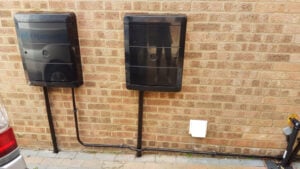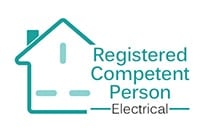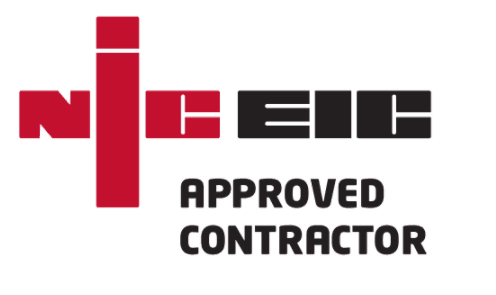Setting up a business involves several important considerations, and one of the most crucial aspects is ensuring that your premises meet the electrical requirements. A reliable and safe electrical system is vital for the smooth operation of any business. In this blog, we will explore the key electrical requirements that you need to be aware of when setting up a business.
Compliance with Electrical Safety Regulations
To ensure the safety of your employees, customers, and property, it is essential to comply with electrical safety regulations in the UK. The Electricity at Work Regulations set out the legal requirements for maintaining electrical systems in the workplace. If you will be using the existing wiring, it is important to have a qualified electrician carry out an Electrical Installation Condition Report (EICR) to assess the safety of the electrical installation in your premises.
Electrical System Design
If you are starting from scratch, or need to make alterations to the electrical installation, consider hiring a professional electrician or electrical contractor to design and install an electrical system that suits your business needs. They will help determine the load requirements, plan the layout, and select appropriate wiring, circuits, and distribution boards. Adequate provision for power sockets, lighting, and any specialized equipment should be considered during the design phase.
Electrical Installation
Engage a qualified electrician to carry out the installation of the electrical system in compliance with the relevant British Standards. The electrician should be registered with a competent person scheme, such as NICEIC, NAPIT, or ELECSA, ensuring that they are approved and regularly assessed for their competence.
Earthing and Bonding
Proper earthing and bonding of electrical systems are crucial for safety. Ensure that your electrician installs adequate earthing arrangements to protect against electrical faults and lightning strikes. This includes bonding of metallic objects such as water and gas pipes to prevent electric shock hazards.
Electrical Safety Certificates
After the installation is complete, you should receive an Electrical Installation Certificate (EIC) or a Minor Electrical Installation Works Certificate (MEIWC) from your electrician. These documents certify that the electrical work meets the required safety standards. Keep these certificates safe as you may need them for insurance purposes or if you move on from the premises.
Portable Appliance Testing (PAT)
To maintain electrical safety, regular PAT testing is recommended. Portable appliances, such as computers, printers, and kitchen equipment, should be tested for electrical safety by a competent person. The frequency of testing depends on the type of appliance and its usage. This helps prevent potential electrical hazards and demonstrates your commitment to safety.
Emergency Lighting and Fire Alarms
Depending on the nature of your business, you may be required to install emergency lighting and fire alarm systems. These are essential safety features that provide illumination and early warning in the event of a power outage or fire. Consult a professional to assess the specific requirements for your business premises.
When establishing a small business in the UK, compliance with electrical requirements is a vital responsibility. Ensuring the safety of your employees and customers, as well as protecting your property should be a top priority. By adhering to electrical safety regulations, working with qualified professionals, and conducting regular maintenance, you can create a safe and efficient electrical system that supports your business’s growth and success. Remember, always consult with registered electricians and stay up to date with the latest regulations to guarantee compliance and peace of mind.
If you are looking to set up a business in or around Peterborough, please don’t hesitate to get in touch and discuss your plans, we would be glad to advise and make sure your business sets off on the right foot. You can call us 01733 698 151, or fill out our contact form here.





